WE&B Social Innovation
WE&B’s definition of Social Innovation is:
“Social Innovation finds new approaches to meet social needs and to produce the behavioural changes required to solve environmental challenges. With social innovation, at WE&B, we aim to empower citizens and generate new social relations, generate impact and new models of collaboration.”
Technological innovation alone is insufficient to tackle the challenges related to the environment and climate change with a greater focus required on research, policy and bottom-up innovation (Bergman et al 2010).
WE&B addresses the multifaceted dimensions concerning human development and well-being through the social and environmental sciences approach, providing social innovation to the environmental challenges.
“There are a growing number of initiatives, hubs and incubators as well as a growing body of research and knowledge. Integrating both policy and scientific research can embrace the diversity of social innovation whilst enabling effective funding, learning and development” – European Commission (2020)

WE&B provides social innovation through 6 concrete services:
Understanding the rational basis of environmental problems forms the grounding of WE&B’s social innovation services. By means of applied sociological research techniques, we gain first-hand knowledge of the social realities and the specific context of each environmental problem. The results of this analyses provide the baseline from which the other WE&B social services can be derived. Depending on the requirement and each specific situation, we apply multi-strategic social research approaches, which combine techniques such as:
- Qualitative approaches using in-depth interviews, discussion groups or participatory interventions.
- Quantitative approaches using existing social databases, or the implementation of social samples
Through these approaches WE&B has been able to implement and adapt different sociological theoretical perspectives through various projects. We have implemented the Theory of Planned Behaviour to understand knowledge fragmentation in water and climate change in Africa – AfriAlliance project. We have performed Ethnographic Techniques to understand the reasoning for water and nutrient reuse acceptance in circular economy solutions – in the RUN4LIFE project. We have gained an understanding of the risk/benefit perceptions of implementing circular solutions in buildings – the Houseful project. These approaches have allowed us to have an in-depth understanding of the socio-environmental problems and to subsequently propose specific intervention actions.
Service Output:
We provide socio-environmental analytical models for the analysis of attitudes, opinions or behaviour in relation to specific environmental challenges.
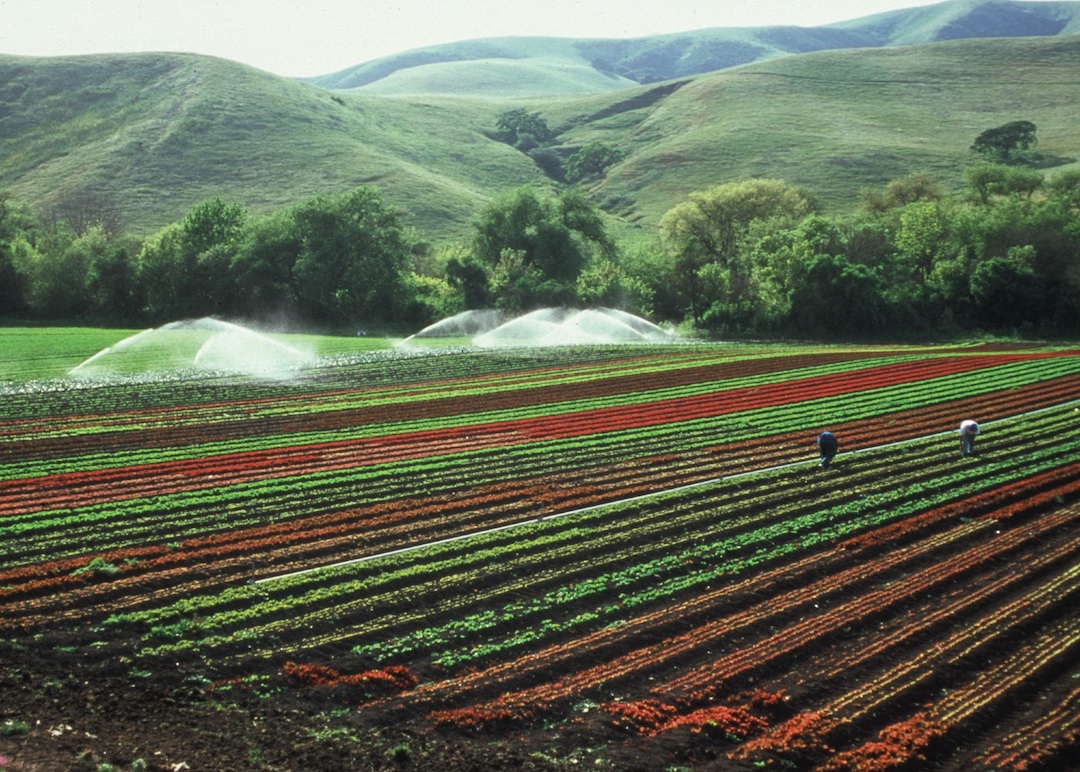
FEATURED PROJECT
Recovery And Utilization Of Nutrients 4 Low Impact Fertilizer (RUN4LIFE)
In an incredibly connected and complex world, do you know how to use the power of your network? Are you aware of which organisation, department, community, working group, project or individual holds the most information? Which of these has the greatest influence over the flow of information or indeed how these groups collaborate (or not) together?
WE&B can analyse the data, to provide a practical and measurable approach to solving problems and providing solutions to better understand and to visualise the collaboration levels, the relationships and/or flow of information.
The WE&B Social Network Analysis (SNA) service will support the understanding of who the key stakeholders are for you, clarify their roles, determine how and when they should be engaged.
Through this analysis the WE&B team – with years of SNA experience across various sectors and disciplines – will shine a light on the levels of collaboration between groups and provide recommendations to transform them into efficient management systems.
The Benefits of the WE&B SNA Service
We will provide you with an analytical report with eye-catching visualisations to provide you with critical insights. Our recommendations will enable your organization to attain growth, new acquisition, customer retention and improve business and project organisational processes.
Concretely our service will
- Provide a better view of your network /groups and systematise the way of managing your database based on SNA.
- Our insights will support your thinking about who is relevant within the network with metrics that will provide the basis to improve collaboration.
- Help your organisation to plan, monitor, control projects, activities, people and organisations.
- Coupled with information from different departments, working groups/ communities of practice, the WE&B SNA service will provide deep insight into the collaboration (bridges and bottlenecks); resource efficiency and information flow between these different “communities”.
Taking WE&B SNA Service further.
Using the insights and analysis from the SNA, WE&B can overlay a stakeholder network map together with fuzzy cognitive mapping. This ability provides a deeper analysis of various systems. For example, the interplay and interaction between human and environmental systems.
The following provides a graphical overview of the steps in the WE&B SNA Service

Service output:
We will provide you with detailed report on the insights into the stakeholder connections within your department, community, organization or sector. The report will provide a reflexion on your current network situation, it will provide a stakeholder database through a social structure analysis.
The report will include a networking map with sleek visualization to easily view the stakeholder connections. The report can also provide you, through a deepening step, with a qualitative analysis of the stakeholder structure, providing insights and recommendations to where you may need to work to improve collaborations.
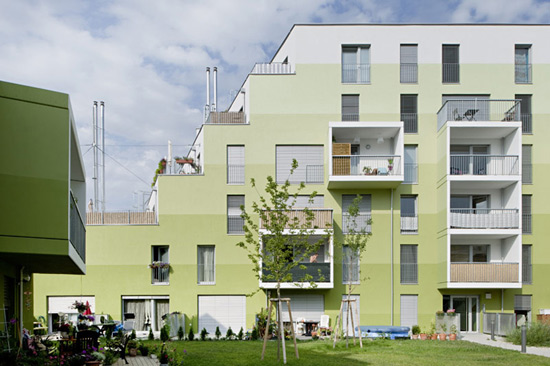
FEATURED PROJECT
Innovative circular solutions and services for new business opportunities in the EU housing sector (HOUSEFUL)
How can you measure your social impact when tackling environmental challenges? To what extent are you improving the lives of those affected by environmental problems?
This is the question that drives WE&B in the service to evaluate and assess the contexts of social progress and impact where environmental problems exist.
Through the project experience and the expertise from the WE&B team, we can create specific socio-environmental indicator systems (social, economic, environmental, governance). These indicator systems address the variety of social determinants that environmental challenges require if they are to be solved. Our adapted social indicator systems include: (i) contextual indicators (eg. OCDE indicators, SDGs indicators, etc.), (ii) reference indicators at a specific region and (iii) specific monitoring and impact indicators at local level. WE&B has provided socio environmental contextual analysis for projects such as LIFEDREAMER, REWAISE, UNIDO, HOUSEFUL, RUN4LIFE, BRAINYMEM.
Service output:
WE&B will evaluate and assess progress in relation to a particular environmental and social challenge. A bespoke indicator system will be implemented in order to monitor and evaluate in a holistic manner the social, environmental, economic and governance progression to solving the environmental challenge.
The professional report will provide insights and analysis of the human-environment systems, with a set of monitoring and evaluation indicators and a methodology and recommendations for the collection and monitoring of these systemic indicators.
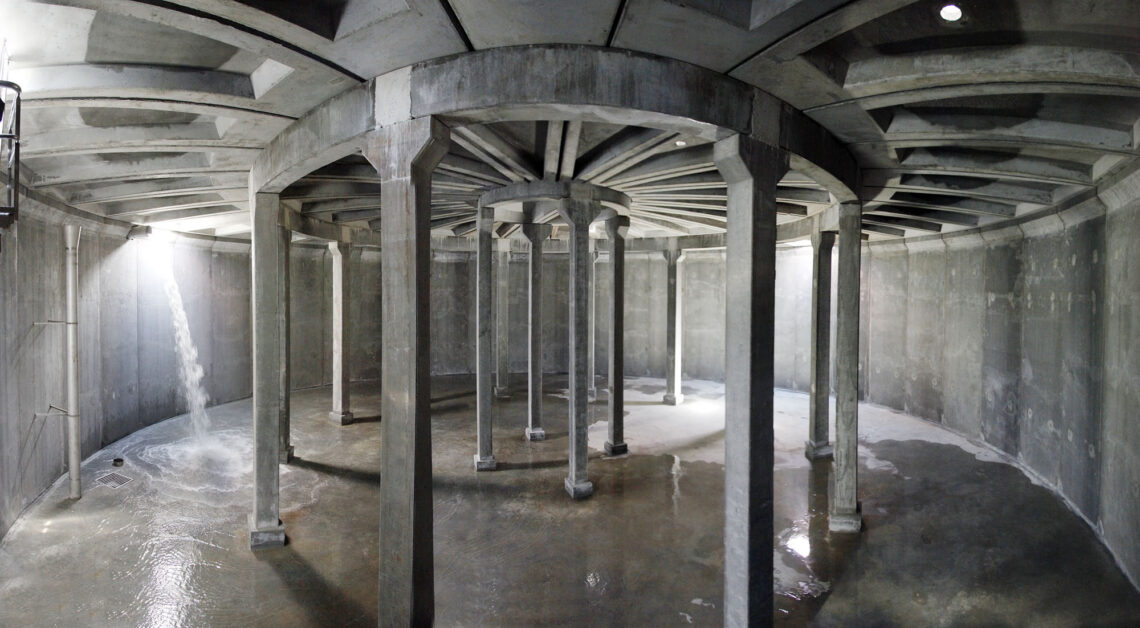
FEATURED PROJECT
Resilient water innovation for a smart economy (REWAISE)
As a society we have come to realise that the involvement of all relevant people in the decision-making process is critical. Only then can the research and political decisions be potentially accepted through continued engagement”
WE&B develops and implements engagement processes based on our principles of social innovation and effective engagement. Through a prior social analysis (part of Service 1), participation strategies and mechanisms are fully adapted to the given social context and issues. Our methodology is dynamic because society is ever-changing in terms of its needs, interest and challenges .
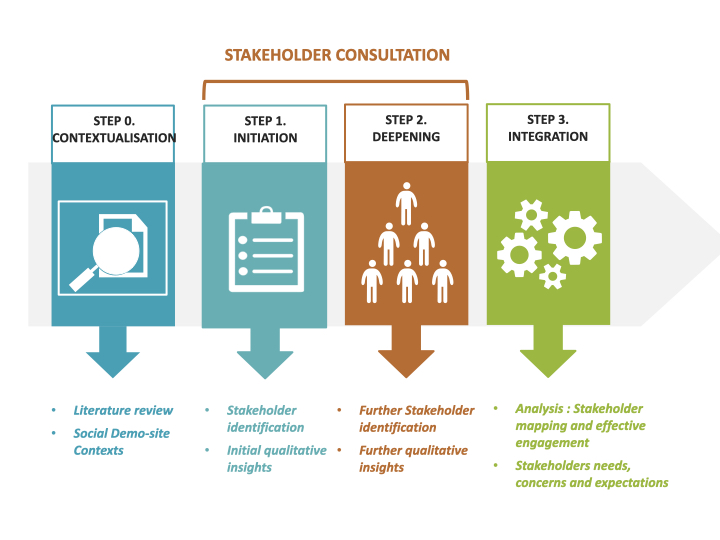
How does WE&B engage with society?
WE&B designs, develops, launch’s and manages a collective approach to the engagement process, including online to offline mechanisms. Examples of the approaches used in establishing working groups are: Communities of Practice (COP); Action Groups; Living Labs and Competency Groups.
Our experience ranges from setting-up and managing 10 Action Groups across Africa for water and climate actions over a 5-year period, through the AfriAlliance project. In Houseful, we have developed and implemented the service for co-creation of circular solutions in the housing sector in 4 regions of 2 European countries.
WE&B has extensive experience working with the quadruple helix stakeholders (academia, business, policy and society dimensions). We have worked together to bring all relevant needs and interests in environmental challenges from indigenous groups, woman’s groups, youth groups, civil society organisations, national authorities, local authorities, media, funding organisations, businesses, research professionals and high-level decision-makers.
Through the years, WE&B has accumulated skills related to different stakeholder engagement strategies Therefore, we have the expertise and relevant experience to bring these engagement strategies to a practical implementation level.
Service Output:
WE&B will provide the design, process, methodology and the implementation of effective engagement strategies. This service will also provide a roadmap for implementing engagement processes sustainably. This service also ensures the creation of a social footprint for the long-term engagement of the relevant stakeholders in providing solutions around environmental challenges.
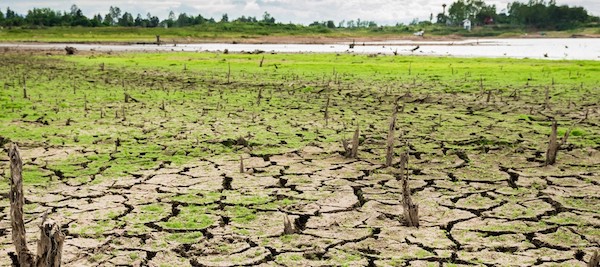
FEATURED PROJECT
Africa-EU Innovation Alliance for Water and Climate (AfriAlliance)
Knowledge exchange is highly required in an expanding field of innovation and research that has ever growing audiences with varying needs. However, there still remains a gap between scientific knowledge generation and non-scientific, societal application and practice (Ballantyne, A.G., 2018).
Responsible Research and Innovation (RRI) is a relatively new focus that entails engaging all actors (from individual researchers and innovators to institutions and governments) through inclusive, participatory methodologies in all stages of Research and Innovation processes and at all levels of Research and Innovation governance (from agenda setting, to design, implementation, and evaluation) (https://rri-tools.eu/about-rri)
The Knowledge Exchange service from WE&B fills this gap between science and practice and provides the inputs to RRI implementation. WE&B has developed a Communication and Awareness Action Plan and produced communication materials to engage the private (industry), public (authorities) and civil society sectors in coastal zone management in West Africa – WACA project. WE&B has also identified the needs and gaps of climate change awareness amongst the policy makers and government ministries in Jamaica – Jamaica project. WE&B has implemented the RRI approach in European projects – REWAISE project. WE&B has also provided communication and dissemination strategies for research projects, ensuring that the research outputs reach their target audiences with clear, concise messages with examples from the AfriAlliance project.
Service output:
WE&B can provide tailored environmental Knowledge Exchange and Communication Plans and strategies with the required indicators and messages for various audiences. Examples of communication materials developed to implement the communication plans with adequate tailored messages include:
- Policy Briefs
- White papers
- Factsheets
- Laymans reports
- Case Study social profiles
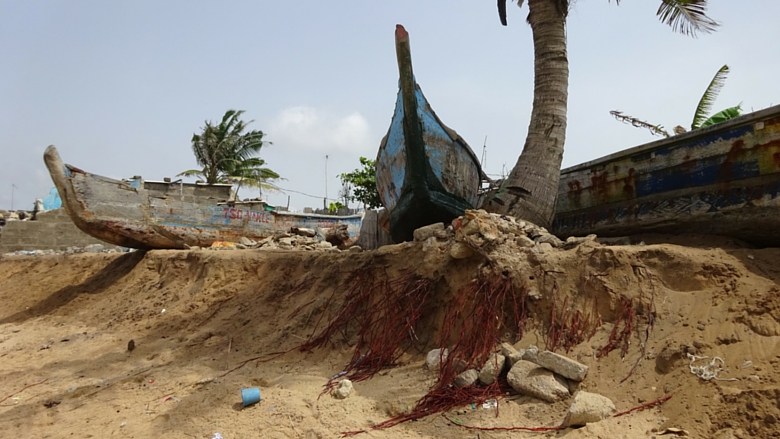
FEATURED PROJECT
Stakeholder Engagement, Knowledge & Communication on Coastal Zone Management In West Africa (WACA)
Governance comprises the mechanisms, processes and institutions, through which citizens and groups articulate their interests, exercise their legal rights, meet their obligations and mediate their differences (United Nations, 2006). Meanwhile policy analysis from our perspective is the evaluation and study of the formulation, adoption, and approaches to strategies addressing environmental challenges.
WE&B has brought a number of insights by evaluating innovations in governance or providing policy alternatives that can produce novel societal solutions. WE&B has provided governance and policy analysis for the governments of Peru and Nepal through analysing Green Growth strategies, through the GGGI projects. WE&B has also provided new governance models for the water reuse industry through the DEMOWARE project. New policy recommendations were provided for coastal management in West Africa through the UNIDO project and in Latin America for the WaterClima LAC project. Policy recommendations for Green Growth were provided for countries in the Mediterranean for the SYNGGY project. Policy recommendations on water and climate actions were also provided across the African continent to various decision makers through the AfriAlliance project.
Service output:
Analysis of current governance practices to produce recommendations for policy improvement

FEATURED PROJECT



